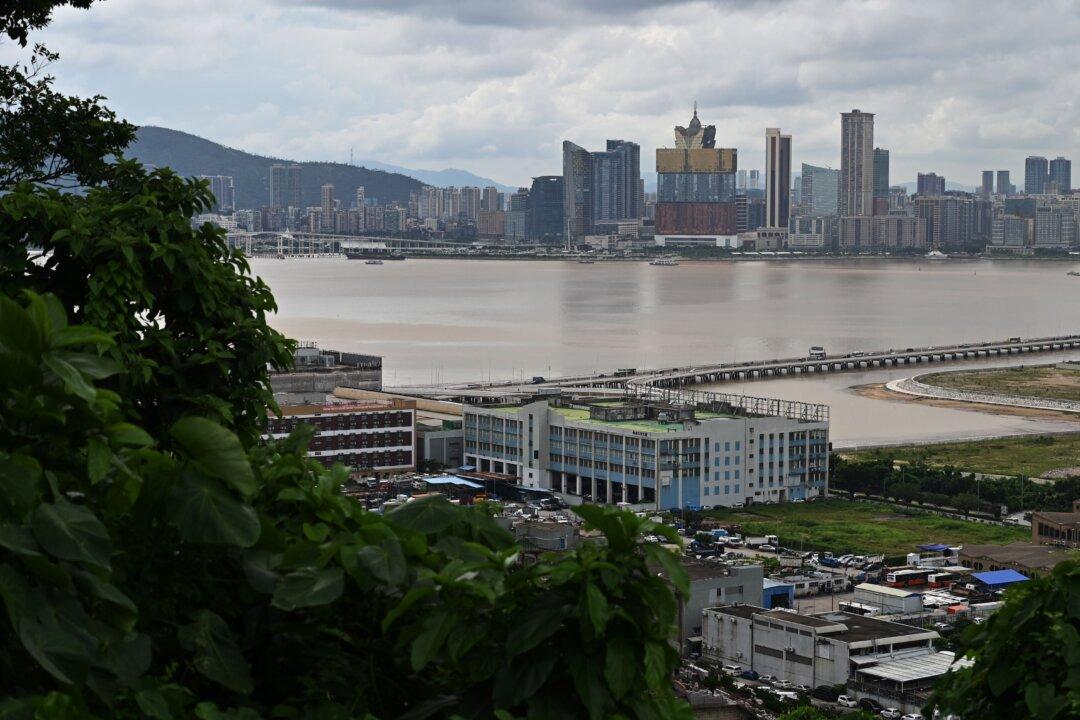The directors of an influential U.S. business group in Hong Kong were refused entry to Macau on Dec. 7 after several hours of detention at customs.
Tara Joseph and Robert Grieves, president and chairman of the American Chamber of Commerce in Hong Kong (AmCham) respectively, were separately prevented from entering the nearby city of Macau, a former Portuguese colony, where they were due for the annual AmCham Macau Ball, according to a Dec. 7 statement.





